The 'Vote Adhikar Yatra': A Defining Pulse in Bihar's Political Crossroads
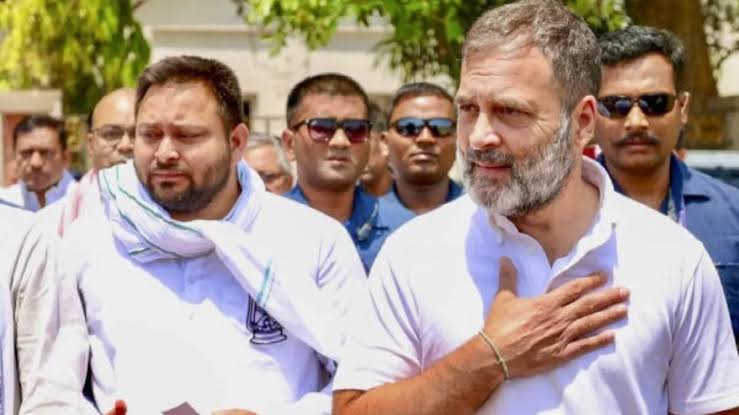
A State on the Boil
Bihar’s political climate has taken center stage in national discourse with Rahul Gandhi’s 16-day, 1,300-km ‘Vote Adhikar Yatra’ cutting through more than 20 districts. The campaign, meticulously planned around the alleged disenfranchisement and manipulation of voter rolls—the Special Intensive Revision (SIR) exercise—has injected energy, controversy, and high-voltage rhetoric into the state’s assembly election season. With unprecedented crowds turning up at rallies and the country's opposition front, the INDIA bloc, rallying behind Gandhi, the yatra’s implications extend beyond Bihar’s poll-bound boundaries, influencing the script of Indian democracy for the months ahead.
Is This a Defining Moment for Bihar?
It could well be a defining moment for Bihar, both in scale and significance**, the Vote Adhikar Yatra marks an inflection point. Rarely in recent memory has Bihar witnessed such a coalition of opposition forces—Congress, RJD, Left parties—united by a narrative of ‘vote theft’ and the defence of the Constitution. Analysts note that the campaign’s resonance, especially among backward castes, minorities, and migrant workers (who claim largescale deletions from electoral rolls), has unleashed a new kind of mass movement in Bihar, echoing the anti-Emergency mobilizations of the 1970s.
Rahul Gandhi’s framing of the yatra as “a direct fight against vote chori [theft]” drives home a deeply emotive message. The election’s prism now refracts not just governance or jobs, but the existential fundamentals of the vote as a democratic instrument. Given Bihar's history of pioneering political transformations—the JP Movement, Mandal—this moment is unambiguously pivotal.
Will the Yatra Be a Game Changer in the Assembly Elections?
The Yatra has substantially altered the electoral dynamic* in Bihar, forcing all sides to focus on voter rights and the integrity of the electoral process. While the outcome remains uncertain, several factors suggest it could be a game changer:
- The voter list controversy has given the opposition a potent rallying point, energizing segments that see themselves as targeted for disenfranchisement.
- Massive street presence and public meetings have rekindled grassroots activism for the opposition, often missing in previous campaigns.
- The Jan Suraaj Party’s entry and persistent churning within alliances (notably Nitish Kumar’s flip-flops) have made this the most open and volatile Bihar contest in years.
Still, the BJP-JDU-led NDA, aware of the momentum shift, retains a solid organizational base, and both alliances are locked in an intense battle over credibility and mobilization.
Can This Movement Have a National Impact?
The Yatra’s themes and optics are national in scope.*
The focus on alleged collusion between the Election Commission and the ruling party—an accusation Gandhi made repeatedly in rallies, referencing recent controversies in Maharashtra, Haryana, and Madhya Pradesh as well—touches a raw nerve for the broader opposition.
With multiple high-profile leaders like Tejashwi Yadav and Akhilesh Yadav joining the yatra, the movement is shaping up as a pilot for pan-India campaigns on electoral integrity. Tejashwi Yadav’s pitch for Gandhi as a future national leader hints at long-term stakes. If the narrative takes hold in Bihar and brings about a high turnout or a shock upset, it will reverberate across forthcoming state and national elections.
BJP’s Counter-Strategy: Narrative, Organization, and Offence
The BJP’s response is assertive and combative:*
- The party has attacked Gandhi and his allies for “peddling conspiracy theories” and undermining trust in the Election Commission.
- BJP leaders have aggressively counter-programmed Yatra events, launched their own mass connect campaigns, and focused on welfare achievements—such as Modi’s announcement of ₹400 crore for self-help groups in Bihar ahead of the polls.
- The BJP machinery is driving home issues of law and order, employment, and JD(U)’s political instability as attempts to shift focus from the opposition narrative.
In digital and traditional media, BJP is branding the ‘vote chori’ campaign as a “cover for potential defeat,” leveraging organizational muscle to keep its base motivated and questioning the veracity of the opposition’s voter roll claims.
Will Voter Rights Become the Dominant Issue?
For the moment, *voter rights and electoral integrity are at the heart of the campaign* Opposition leaders and much of the news cycle have kept the “SIR” (Special Intensive Revision) and voter list deletions front and centre. Surveys show significant segments of affected communities—backward, minority, and migrant—are engaged on this issue.
Yet, classic Bihar themes—crime, jobs, welfare, and leadership credibility—remain strong undercurre. Realistically, the ‘voter rights’ debate will likely coexist with these bread-and-butter issues, reshaping the agenda but not eclipsing it entirely.
The Road Ahead: Ramifications and National Politics
How might this play out nationally?*
- Success in Bihar would offer the INDIA bloc a workable template for mass mobilization, issue-focused agitation, and strategic unity.
- It could send a message to fence-sitting regional parties on the value of coordinated, emotional campaigns.
- Conversely, if the BJP successfully deflects the contretemps and secures a comfortable win, it will further entrench its dominance and embolden similar voter list overhaul initiatives elsewhere.
Ultimately, the answer rests with Bihar’s 73 million-plus electors and their faith in the 'one person, one vote' pledge. The next few weeks will determine whether the Vote Adhikar Yatra is remembered as a turning point—an insistent wake-up call on electoral democracy—or simply the latest salvo in an ever-contentious political battle.
In the coming months, as political winds shift and alliances harden, Bihar’s verdict will speak to a larger national anxiety: Who owns the ballot, and does every vote truly count? The answer from the fields and towns of Bihar may well chart the destiny of Indian politics for years to come*.
(Writer is a former member of the history faculty at St. Xavier’s College, Mumbai.)

 1 week ago
1 week ago

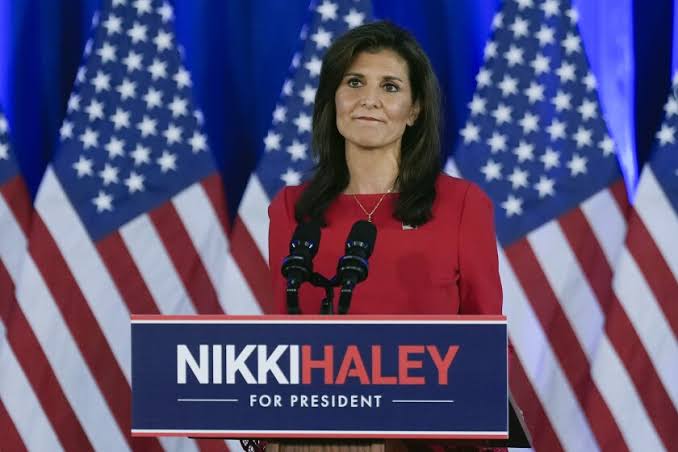

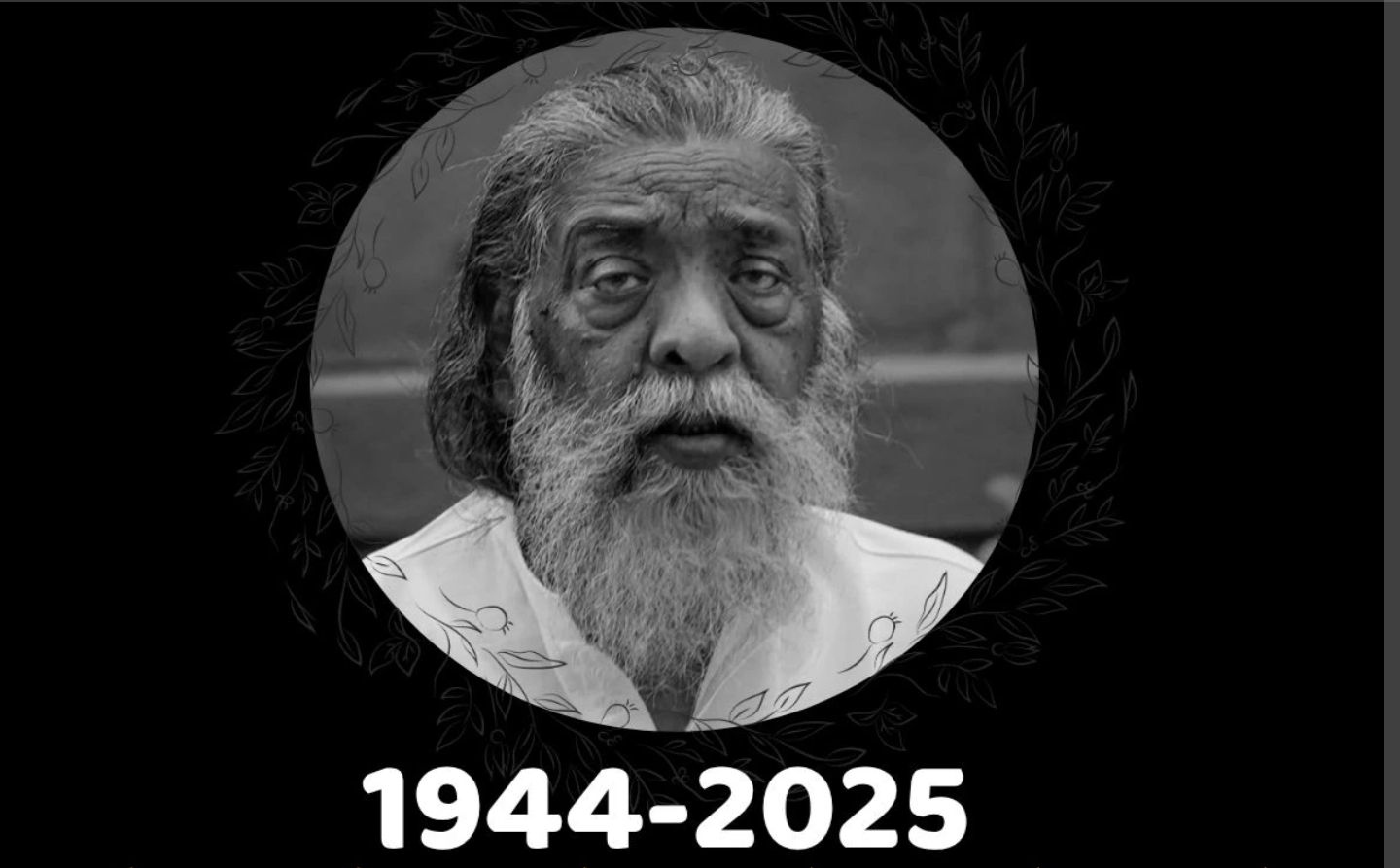
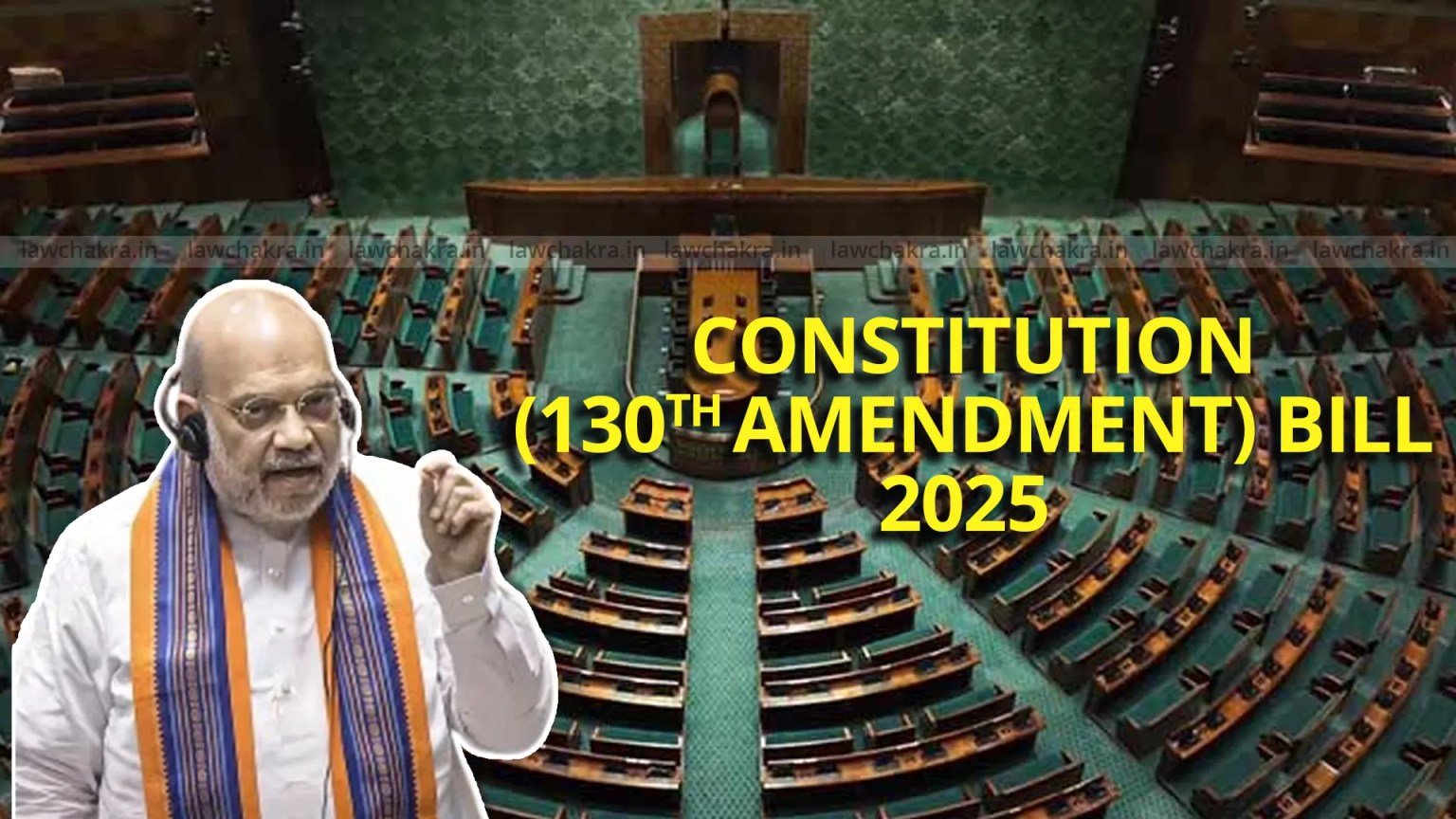
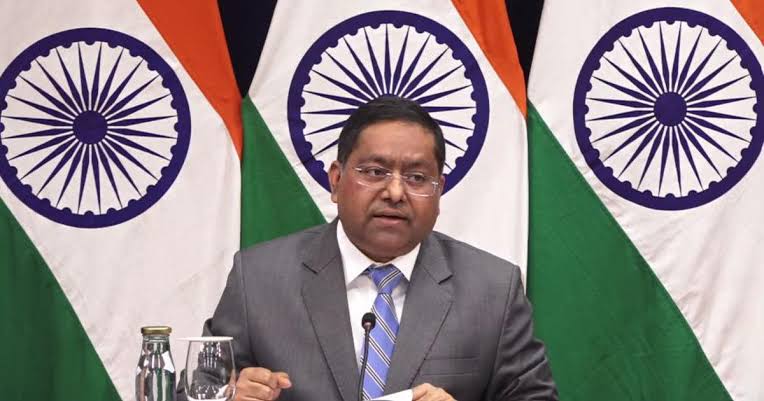


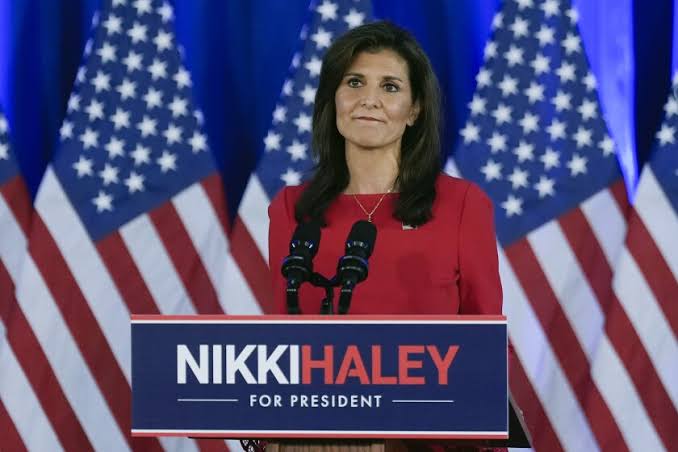


[[comment.comment_text]]